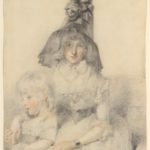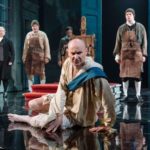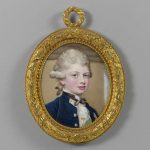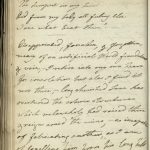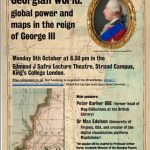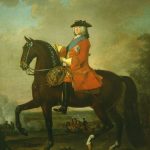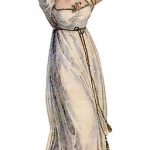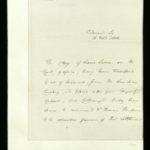The 18th Century Materializes on Stage
Posted on: December 20th, 2018 by Arthur Burns 1 Comment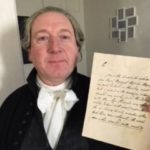
By Karin Wulf and Arthur Burns There is so much eighteenth century on view in the much acclaimed Nottingham Playhouse staging of Alan Bennett’s The Madness of George III. The Georgian Papers Programme had a wonderful opportunity to host lead actor Mark Gatiss at Windsor Castle to view some of the archival materials selected to… Read More »

